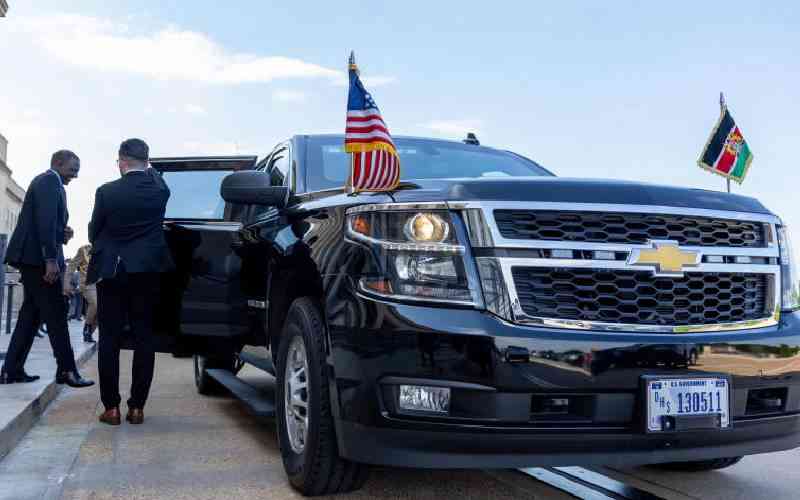
It is the evening of Friday, May 24; the last day of the State visit to the United States by President William Ruto. He stands on the near-perfect tarmac to receive the final flag salute from the honour guard and go up the steps of his aeroplane at Andrews Airforce Base.
Journalists who had accompanied him on this trip are all frantically trying to piece together our analysis of his trip; the highs and the lows. What he has achieved and what he has not. The joys and the regrets of his four-day whistle-stop tour in Atlanta, Georgia and Washington DC.